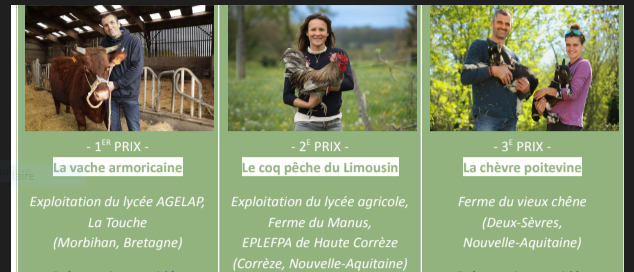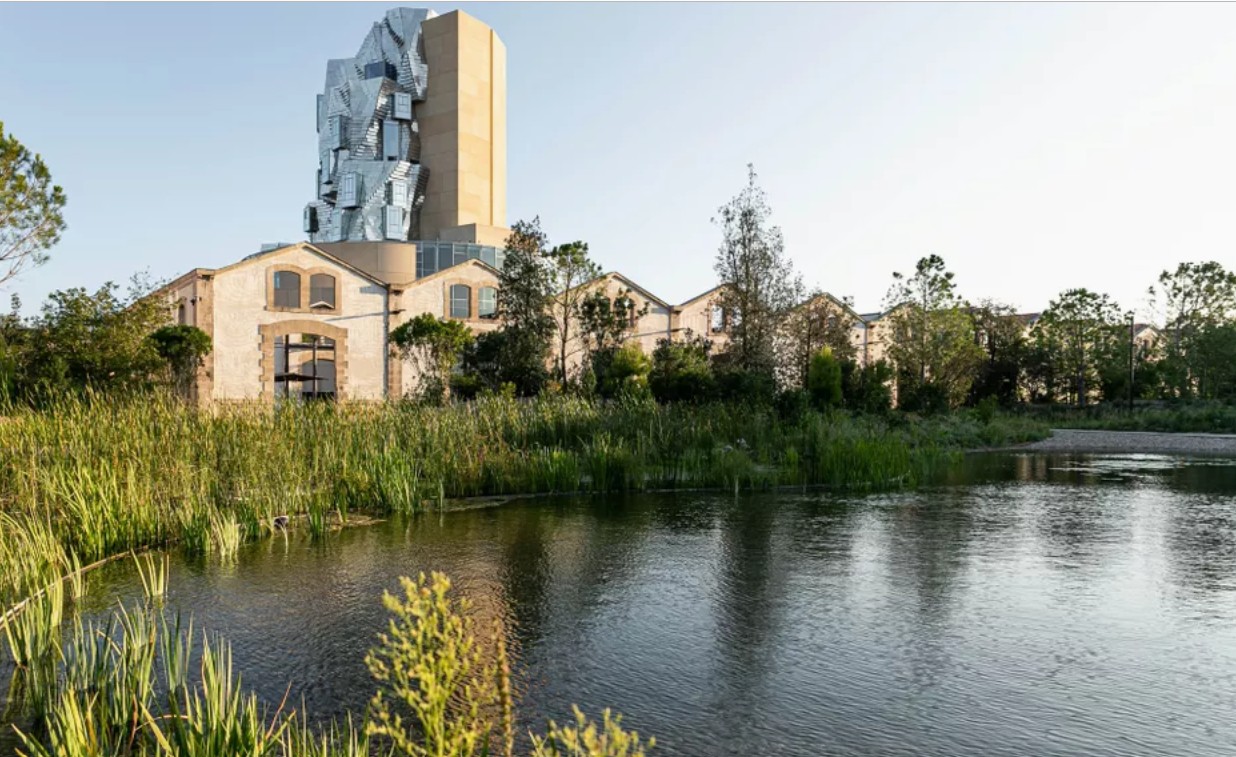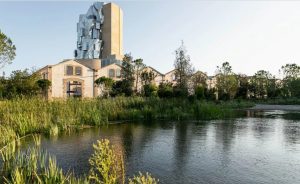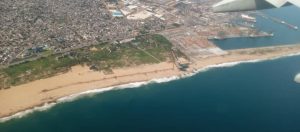The 2023 Animal Agrobiodiversity Award: Winners in line with current events
By Houmi AHAMED-MIKIDACHE
The prize for Animal Agrobiodiversity 2023, the National Prize of the Heritage Foundation for Animal Agrobiodiversity (Fondation du Patrimoine de la biodiversité animale) has been awarded to three structures from French regions: two agricultural high school farms and one family farm. These laureates will soon receive an endowment of 7000 to 15000 euros for the implementation of actions in favor of the preservation of farm animals threatened with disappearance in France, but also for the elaboration of concrete projects for the creation and development of agricultural spaces, action for the promotion of information and awareness on the endangered breeds in the territory.
From laureates to pedagogical profiles
A few days after the presentation of their respective prizes, the winners, Mathias and Charline Chebrou,Victoire Carton and Christophe Lebret, installed in “Les Deux Sèvres” in Fosses, in Haute Corrèze in Neuvic and Ploërmel in Morbihan in Bretagne, answer Radio Era Environnement’s questions about their news, environmental news, give their opinions and solutions, set limits especially on the management of animal resources, on the challenges of drought in France and present their guidelines on knowledge transfer.
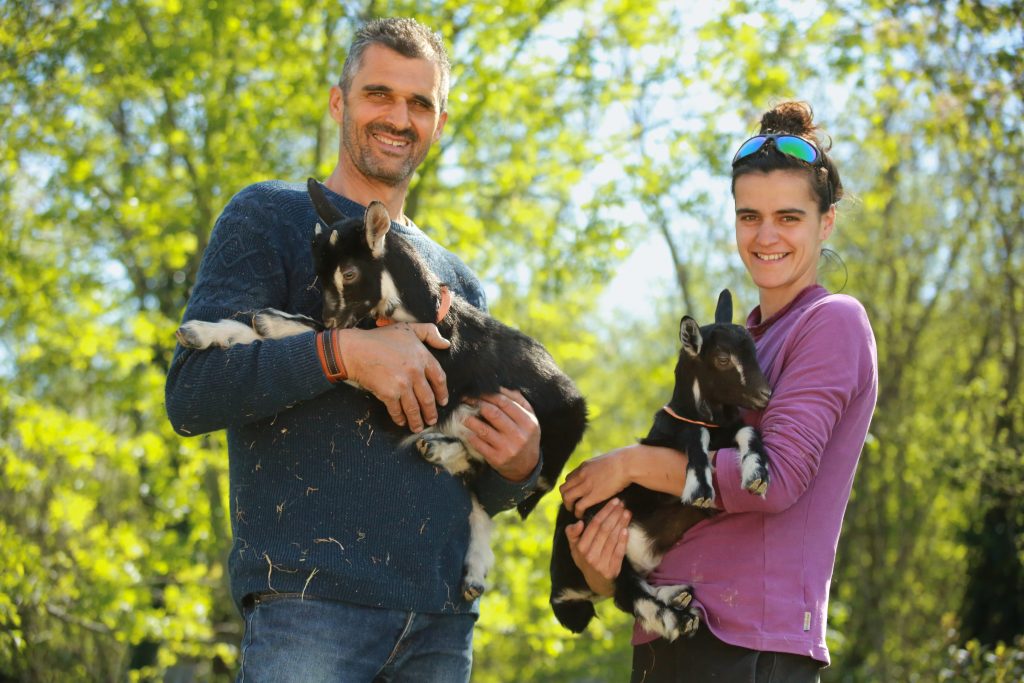
Mathias Chebrou is co-winner of the third 2023 Animal Agrobiodiversity Award and will receive an endowment of 7,000 euros. He shares his prize for the preservation of the poitvine goat with his daughter Charline. “It is a recognition of the work, the rigour and the surpassing of oneself. It is also a showcase for doing things differently in the agricultural system. There is another vision of agriculture,’ he says in Your Voice on Radio Era Environnement. He added: “We have a farm teaching approach and it is important to pass it on to future generations.”
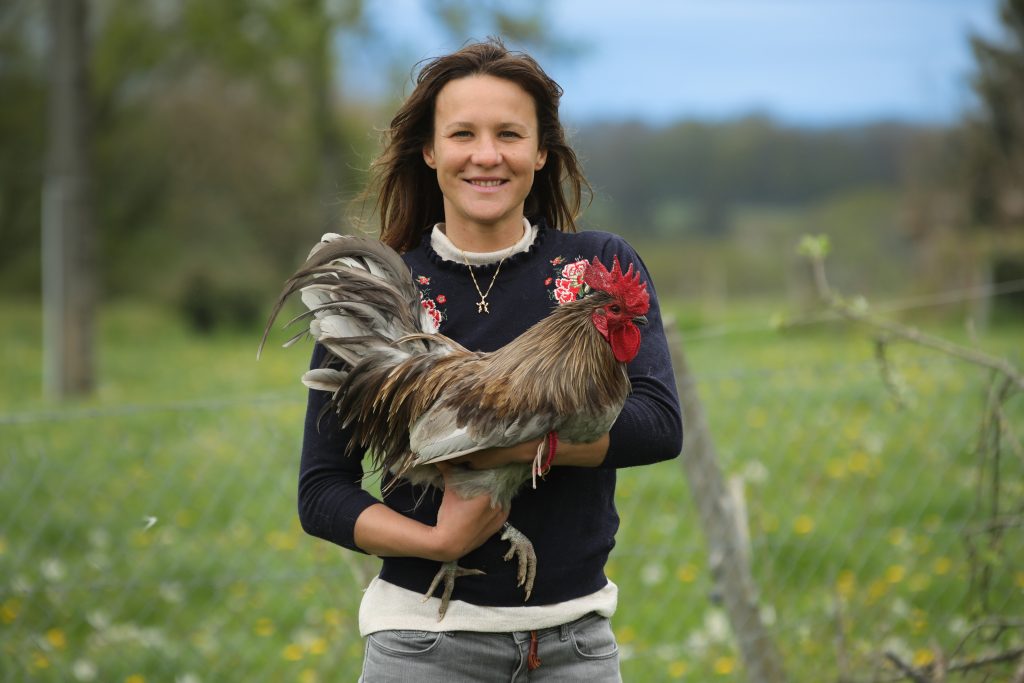
The first farm manager in 100 years of the Henry Queuille agricultural high school in Haute Corrèze, Victoire Carton has just won the second award with an endowment of 10,000 euros. With this sum, it will relaunch the production of cocks, create a genetic pole at the scale of its structure to allow a genetic mixing by exchanging cocks of the territory. The distinctive feature of the rooster is that it changes colour according to the season and its feathers are used by fishermen as bait. “We don’t eat cock and we don’t peel it,” explains Victoire Carton in “Your Voice” on Radio Era Environnement. She’s considering, with her price, to create a conservatory of fishing roosters to preserve this endangered species and to allow the students of the Lycée Henry Queuille to learn and understand the issues related to the preservation of this type of animal while integrating the different aspects of the protection of the environment, spearhead of the school.
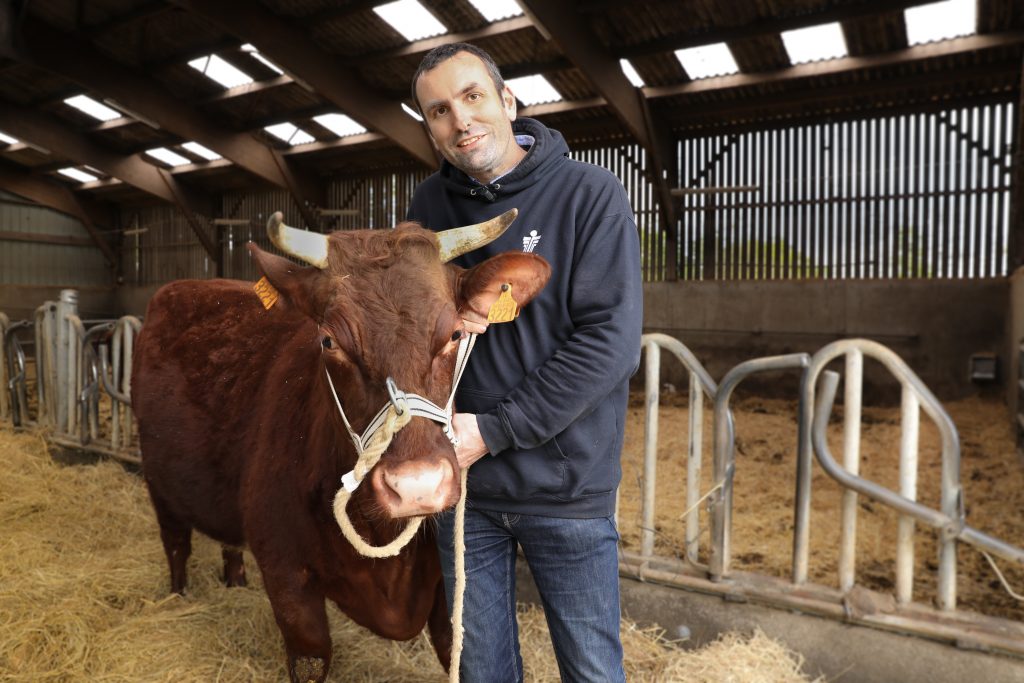
Christophe Le Bret, farm manager at the Latouche high school in Ploërmel, Bretagne, received the top prize Agrobiodiversity Animal Award 2023 for the preservation of the Armorican cow. He will receive an endowment of 15,000 euros. “It is a recognition, an accelerator to lead and develop the various local sales actions, integration of the territory . I used to say to the students that there is not only one agriculture, but two agricultures and it opens their minds”, described Christophe LeBret in “Your Voice”.
Share this content:
